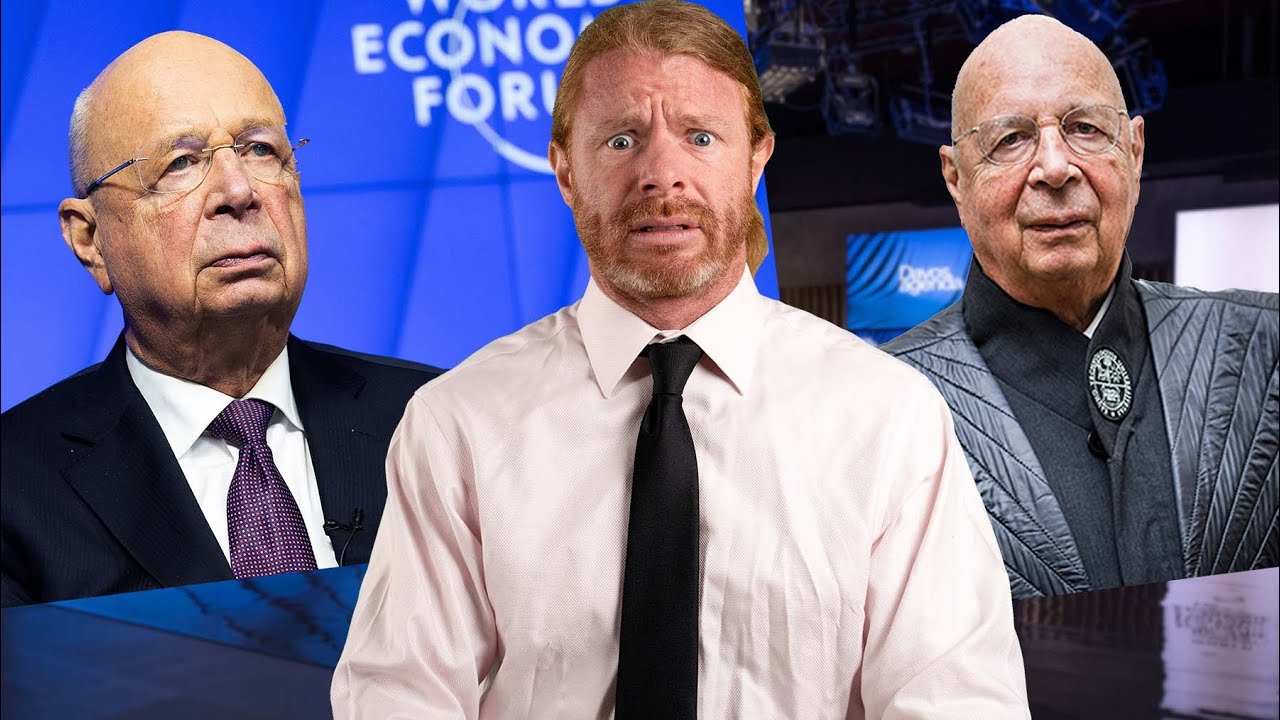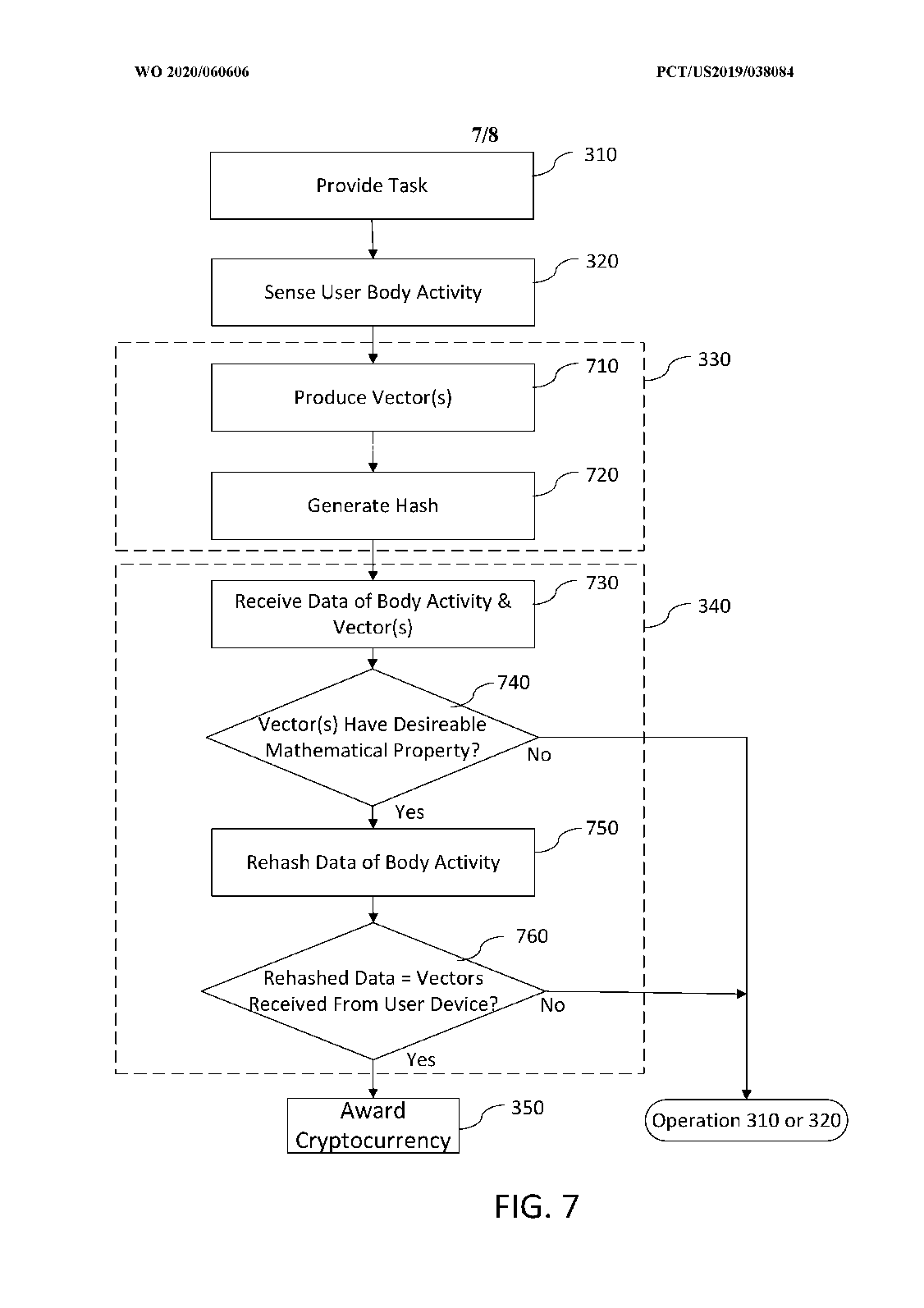I don’t have any specific views on the whole “Great Reset” issue as it is currently formulated (I assume that is what you are talking about here?) because I have not yet been able to properly steel-man the argument. It’s all too easy to be a reactionary when it comes to things like these (and yes, sometimes a “reactionary” response can be an appropriate response! But only if you really know what it is you are reacting to first.)
But from what I have seen, I agree that it appears in many ways to be anti-growth, in both an interior and exterior sense.
Now, when it comes to exteriors, I am personally okay with shifting away from our current “all growth, all the time” corporate mentality, which places far, far greater value on short-term gains than on long-term sustainability. Mostly because this sort of malignant growth in the exteriors often leads to diminished growth in our interiors, due to any number of unequal opportunities (and yes, unequal outcomes) that massive wealth inequality produces around the world. (This is one of the reasons why depression and suicide rates are so high in American men, I believe — because of our cultural and economic overemphasis on a man’s “extrinsic value”, way above and beyond their “intrinsic value”.)
That said, I also think it’s important that we begin to shift our economic paradigms away from the “zombie neoliberalism” of our current era. As I wrote in another thread, much of this paradigm (as well as most of our notions of “individualism”) originated in a now-obsolete view of the world as an open system with nearly infinite resources to extract and exploit. And I do very much think we need a new “reset” — a new form of collective coordination and cooperation — that can hopefully produce a global economic system that is better suited for today’s life conditions, and to our far-more accurate understanding of our world as precious, finite, and worth protecting from our own worst excesses. As I said in that thread:
“If we can figure that out — how to both empower the individual, while encouraging more sustainable self-organization on a massive scale, in order to bring the greatest depth to the greatest scale — we will have unlocked some critical wisdom for future generations.”
To me, this means creating an economic system that works for all people (equal opportunities), both in terms of their interior wellbeing and their exterior capacity to support themselves. This is the sort of “growth economy” I want to see — a system that can truly deliver the “most depth to the most span”, recognizing the critical interrelationships between quadrants – such as the well-known fact that rampant exterior poverty creates impoverished minds and communities. I want a system that rewards the creativity and innovation and skill of the individual, but also provides security for the lowest rungs of Maslow’s needs hierarchy for as many human beings as possible, so that everyone has a genuinely equal opportunity to grow, to thrive, and to self-actualize. I’d even go so far as to say that I want an economic system that recognizes rights beyond the human sphere — the right for water to be clean of microplastics, the right for animals to exist without needless cruelty and with enough biodiversity to sustain them, the right for rainforests and oceans to continue generating oxygen for the rest of us.
What I want, basically, is a return to the crusty old notion of “the American way”, up-leveled and expanded to the globe. Not in an imperialistic sense — but in the spirit of “individual volunteerism” where we can recognize that our right to exist as individuals is inseparable from our connections and responsibilities to each other, and to our commitment to keeping our planet habitable.
But of course, that “individual volunteerism” is itself a product of growth and development, which means that I want a global economic system that can create the right conditions for THAT kind of growth, alongside exterior gains.
So basically, I want Starfleet  All this would be so much easier to figure out, if one of you can just figure out how to build a matter replicator.
All this would be so much easier to figure out, if one of you can just figure out how to build a matter replicator.
Of course, the other side of all this is that economies often emerge organically, and many attempts to steer that economy in a new direction often come with a never-ending tail of unintended consequences. But not always. I’m a big fan of the New Deal, for example, which was a much-needed economic recalibration after laissez faire economics went into the ditch with the Great Depression.
So it appears that I agree with many of the questions that they are asking at the WEF, even if I disagree with their proposed solutions, at least as I understand them. But I will keep educating myself about this, because when it comes to issues like this, the strawmen tend to outnumber the steelmen by something like a 100:1 ratio 
Either way, it’s clear to me that we are almost certainly at another one of those transition points — the disruption era that is always sandwiched between the old paradigm and the new. And these things certainly do seem to come in cycles, at least in the modern world. New Deal/Keynsean economics replaced laissez-faire economics, and was then subsequently replaced by neoliberal economics. This is the natural ebb and flow of history, weaving from individual-based approaches to cooperative-based approaches. And each eventually stalls out as its successes become excesses decades later. And we seem to exist right now at the nexus between yesterday’s excesses, and tomorrow’s successes.


 All this would be so much easier to figure out, if one of you can just figure out how to build a matter replicator.
All this would be so much easier to figure out, if one of you can just figure out how to build a matter replicator.